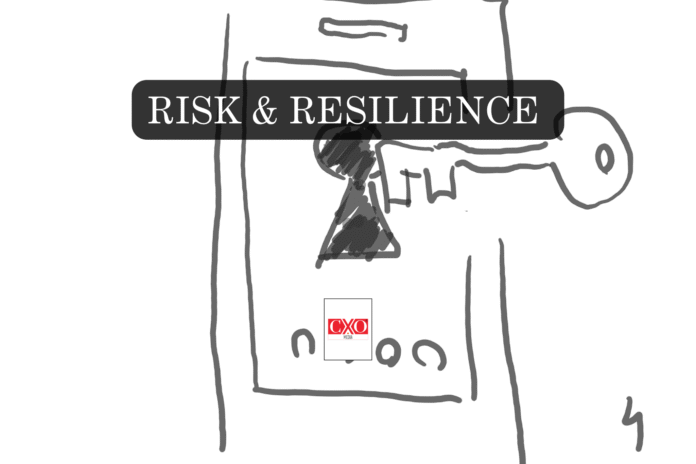Every so often, a security flaw surfaces that rattles even the most seasoned defenders. WhatsApp’s recent zero-click vulnerability, chained with a fresh Apple zero-day, is one such moment. It isn’t just another patch cycle. It’s a flashing red sign of how the threat landscape is accelerating into new territory where invisible, interaction-free exploits turn consumer apps into espionage platforms.
The technical details are chilling in their simplicity. A flaw in WhatsApp’s linked-device synchronization feature allowed attackers to process remote URLs on a victim’s device. No clicks, no downloads, no suspicious prompts—just silent compromise. The attack vector became even more dangerous when combined with an Apple Image I/O out-of-bounds write vulnerability. Together, they enabled adversaries to drop spyware directly onto iPhones and Macs. The campaign, which has been active since May 2025, reportedly hit fewer than 200 people. But those numbers are almost beside the point. This was never about volume. It was about precision.
Zero-click attacks are the weapon of choice for highly resourced adversaries. They bypass the human element—the phishing link, the malicious attachment, the too-good-to-be-true lure—that defenders have spent decades training users to resist. In doing so, they expose a hard truth: endpoint defenses built around user behavior are obsolete when the user doesn’t need to do anything at all. That is why spyware campaigns like Pegasus shocked the world and why this WhatsApp-Apple exploit chain is another inflection point.
WhatsApp and Apple moved quickly. Updates are already live across iOS, macOS, and WhatsApp clients. WhatsApp has even recommended factory resets for those affected—a drastic step that underscores the seriousness of the compromise. The U.S. Cybersecurity and Infrastructure Security Agency (CISA) added the vulnerability to its Known Exploited Vulnerabilities catalog, forcing federal agencies to patch by September 23, 2025. Tech outlets framed the incident bluntly: this is espionage, not ordinary cybercrime.
The industry response matters as much as the patch itself. WhatsApp directly notified affected individuals, many of whom are believed to be high-value targets such as activists, journalists, or political figures. Apple, for its part, reminded users of Lockdown Mode—a once-niche feature that may soon become a mainstream necessity. The very existence of such defensive toggles highlights how consumer technology companies now acknowledge that sophisticated spyware is not a fringe risk but a daily reality.
The implications for enterprises are profound. First, consumer applications are no longer just consumer problems. Tools like WhatsApp are deeply embedded into enterprise communication stacks, whether sanctioned or shadow IT. A compromise on a personal iPhone can quickly bleed into sensitive corporate channels. Second, zero-click exploits demolish traditional user-awareness strategies. You cannot train your way out of vulnerabilities that don’t require user interaction. The only defense is layered technical controls, rapid patch adoption, and scenario planning for worst-case infections.
There’s also a larger trust crisis brewing. Encrypted messaging apps like WhatsApp built their reputations on privacy and security. Each time a zero-click exploit is revealed, that trust erodes a little more. If enterprises and individuals start questioning whether even end-to-end encryption is enough to protect them from advanced spyware, the fallout could reshape which tools we choose to communicate. The reputational stakes are nearly as high as the technical ones.
This episode also underscores a strategic shift: adversaries are moving faster than patch cycles. Vulnerability disclosure and mitigation still operate in weeks, sometimes months. Attackers operate in days. Bridging that gap is the next great challenge for defenders. Agentic AI systems for continuous exposure management, already being piloted in enterprise security, may soon become critical for consumer apps too. The notion that billions of users must wait for a patch to roll out before they are safe feels increasingly untenable.
For business leaders and CISOs, the WhatsApp exploit is a reminder that cybersecurity is no longer an IT line item—it is a board-level resilience issue. The blast radius of these attacks may be small, but the reputational, legal, and geopolitical stakes are massive. In the hands of adversaries, a zero-click bug is not just a vulnerability; it is a lever of influence, surveillance, and control.
The bottom line: the WhatsApp zero-click exploit is not a one-off. It is the future arriving early. Organizations must prepare for an era where the attack surface includes not just corporate infrastructure but every device, app, and personal account employees carry into the workplace. The attackers are already here. The question is whether enterprises and vendors can evolve quickly enough to meet them.
Follow the SPIN IDG WhatsApp Channel for updates across the Smart Pakistan Insights Network covering all of Pakistan’s technology ecosystem.





